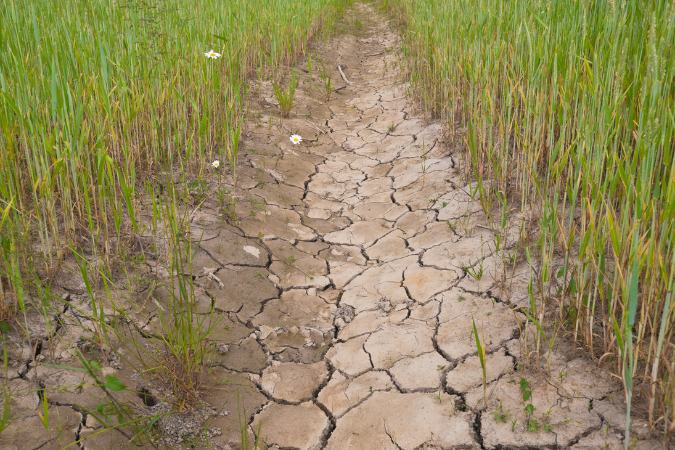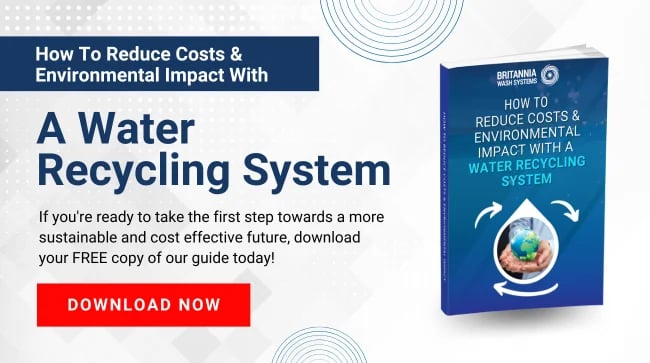
UK Water Crisis: Are We Facing Another Drought?
Although the warm and sunny weather of early summer has recently given way to intense and prolonged downpours, like many countries the UK faces a complex web of challenges in the supply and management of water. Population growth is exposing finite resources to increased demand, while the consequences of climate change - reduced rainfall patterns and soaring temperatures – hint at a potentially dire water scarcity situation in the near future.
In this article we’ll discuss the water management problem facing the country and the importance of water reclamation for transportation businesses and organisations.
It’s Not Just About The Heatwaves
The near-record temperatures in southern Europe and the wildfires that have swept through parts of Portugal, Italy, Algeria, and the Greek islands are direct consequences of a climate catastrophe that shows little sign of abating.
But climate change presents in other, less publicised ways: in 2023, England experienced its driest February for more than three decades, causing river levels to plummet and a drought warning to be issued in some parts due to below-average reservoir and groundwater stocks. According to government statistics, 18 per cent of rivers and reservoirs in the UK have more water taken from them than is put back in, a situation that cannot be sustained - especially when the far-reaching effects of climate change are factored in. Spoiled crops, hosepipe bans, and public information campaigns are stark reminders that the current trajectory is unsustainable and proactive measures are necessary.
A Collective Responsibility
In response to the risk of a UK water crisis, the government has taken steps to address the problem. Policies and initiatives have been introduced to foster water conservation and sustainability, such as encouraging the use of water-efficient appliances which reduce water waste and help to lower utility bills. Additionally, the promotion of sustainable drainage systems seeks to mitigate the impact of urbanisation on water resources, curbing flooding and enhancing groundwater recharge.
However, efforts by the government alone are not enough to secure a resilient water future. Instead, all individuals, businesses, and organisations across the country are responsible for conserving water and making conscious decisions to use it sparingly which, collectively, will make a significant impact on the situation. Small changes in daily routines, such as promptly fixing leaks, reducing the length of showers, and refraining from letting taps run needlessly, can cumulatively translate into a significant reduction in water consumption.
The Benefits Of A Water Reclamation System
At Britannia Wash Systems, our water reclamation system helps commercial vehicle and transport operators to reduce their impact on the environment by reducing their water consumption.
Tailored to the needs of each customer, the RC200 Water Reclaim System filters the water between washes to remove contamination, debris, oils, and detergents, so that fresh recycled water is available for the next vehicle. This reduces dependence on the water supply and decreases wastewater discharge that needs to be treated before recirculation.
Our water reclamation system will allow you to:
- Increase the volume of water that is reclaimed from each wash cycle.
- Cut the cost of your water bills by driving down consumption.
- Lower the cost-per-wash for each vehicle.
- Save money on wastewater treatment.
Contact Us To Find Out More
To find out more about our water reclamation system or for free expert advice about reducing your water use, please contact us on 01789 335891 or send us a message.
Image Source: Canva
.webp?width=249&height=77&name=Britannia-logo%20(1).webp)

